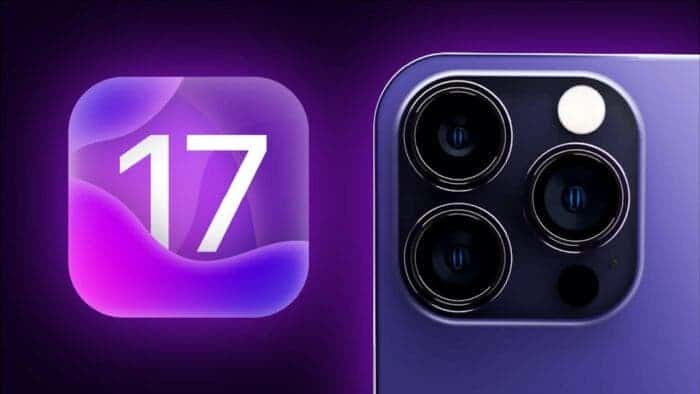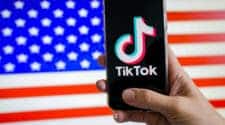Apple has already announced that it will open up its mobile operating system due to pressure from European legislators. The changes might take effect as of iOS 17.
It’s a sudden and unexpected event. Mark Gurman claims that Apple is getting ready for big changes in iOS. Allowing third party app stores might be the first step. Followed by opening up the messaging system and replacing the majority of the built in apps on iPhones and iPads.
The regulation on digital services, or DSA, and the regulation on the digital market, or DMA, do in fact place restrictions on the American giant. These two European rules require the largest digital players to make their platforms more competitive and user friendly by opening them up to more options. This a good requirement, but one that actually brings numerous problems, particularly about the security of the devices, given the extremely close App Store from Apple. One of the factors contributing to iOS’s high level of security has up until this point been its well guarded application store.
Big changes for the App Store in iOS 17

Developers and service engineers are working to open up important components of Apple’s platforms, the Bloomberg writer said. As a result, they would provide iOS and iPadOS users the option to install apps. Directly from their devices instead of through Apple’s App Store. The principle available through the Californian giant’s smartphone jailbreak, known as sideloading, has long been at the center of a legal dispute between Apple and Epic Games in the United States.
One of Apple’s main reasons for its communication and lobbying efforts prior to the DMA and DSA decision was the possibility of security threats if the App Store was no longer the only way to install apps. Apple will undoubtedly need to create new tools to maintain the security of its users. Even if it will be essential to wait to assess the potential developments in this field.
Additionally, Apple experts are thinking about making some security requirements obligatory. Even if the software is downloaded outside of the App Store, to shield customers from harmful applications. Like it is now, these apps might also need to be verified by Apple before being released. Naturally, this verification would be expensive and involve a new kind of commission. We anticipate that it would be naturally less significant than the current 15% level.
In-app purchases in the App Store
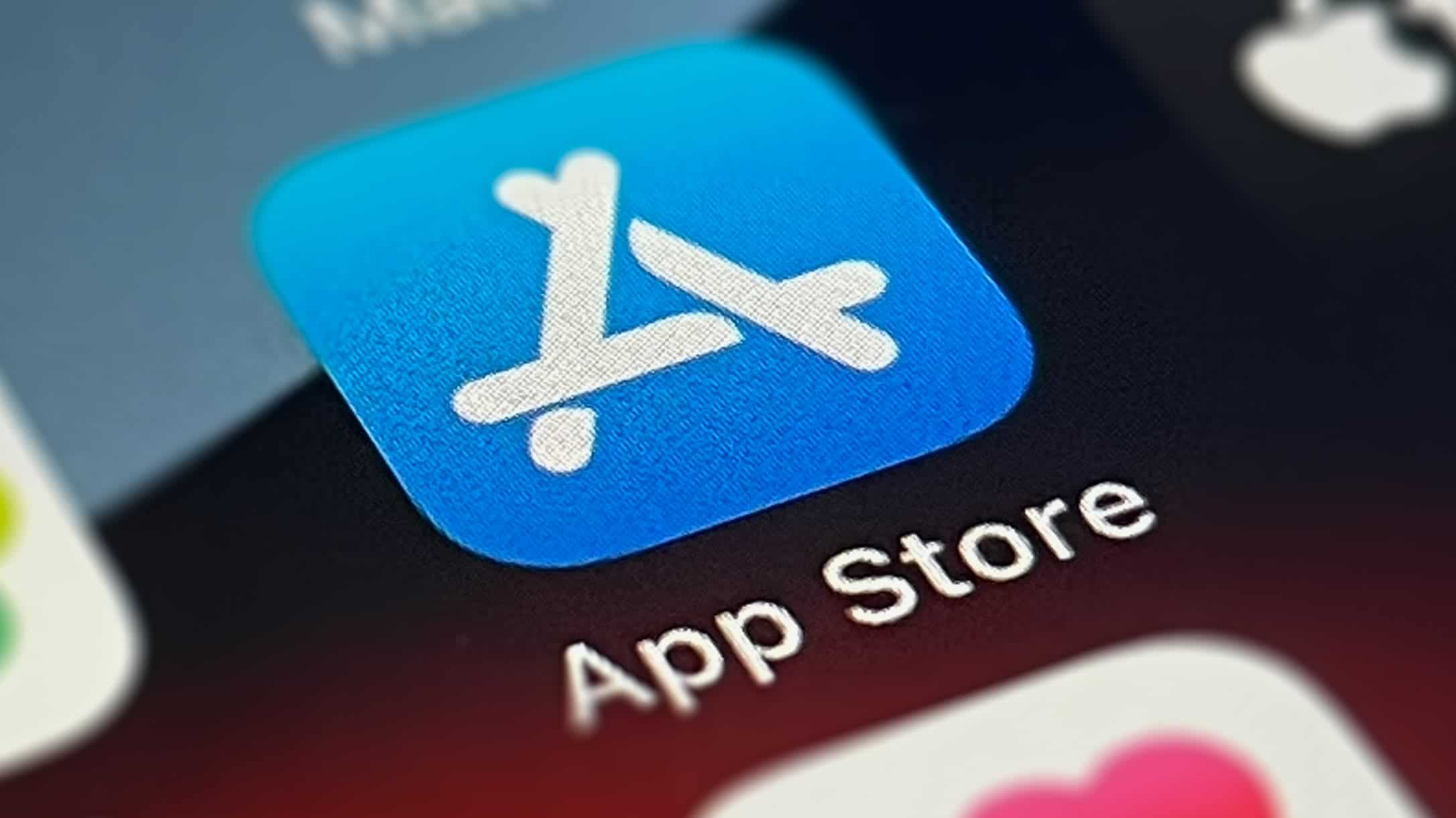
Additionally, Mark Gurman claims that Apple has still not made a decision about a crucial aspect of the Digital Markets Act. Would developers be permitted to integrate third party payment systems into their apps? Will developers be able to get around Apple’s commission on in-app purchases, in other words?
Clearly, this led Apple to serious issues. There is a substantial potential gap when practically complete control over a single App Store is lost. Even while its 30% commission no longer applies to all of the products and services in its App Store, the windfall that the multiple commissions represent still amounts to a real flood of yearly money. Therefore, Apple might be inclined to hold off on drying it out too rapidly.
This means that throughout Apple’s most recent fiscal year, Europe was responsible for at least $95 billion in revenue. According to Bloomberg’s analyses, only 2% of the giant’s total revenues would come from Europe and 6% would come from the App Store.
According to Mark Gurman’s sources, the new iOS changes will first take place in Europe. In order to prevent fully jeopardizing this source of money.
However, if other nations or areas of the world adopted a similar legal system. The work completed may serve as a basis. The major market for Apple, the United States, is working on a legislative initiative quite similar to the DSA in Europe.
Therefore, Apple will have to learn how to deal with the opposition and divide this cake. This is undoubtedly good news for users and developers. Particularly the largest ones who could only avoid the 30% tax in specific circumstances if their application fit into certain categories. Such as the News Partner Program for the media. Or more ad hoc agreements with streaming services like Amazon Prime Video.
iOS 17 will bring transparency on all levels
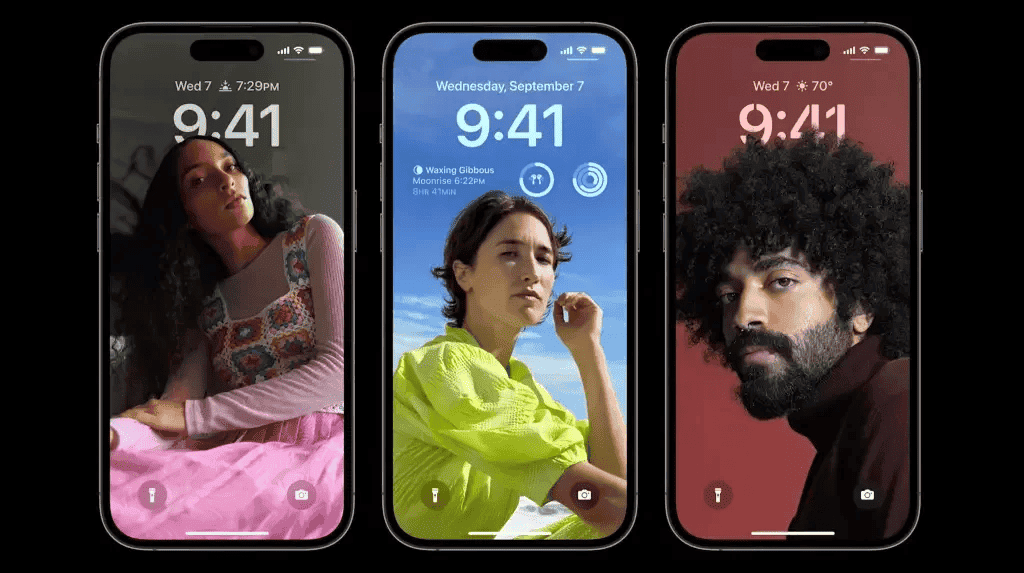
However, the App Store is not the only change Apple will experience. The two sentences will place additional restrictions on it by emphasizing the choice that people still have. For instance, changing the default program should be simple. Apple has already begun to be more transparent on this issue. And now permits the removal of the majority of its native applications. Even so, there are still many effective locks. This is especially true surrounding its browser. Not only does Safari continue to be a key component of iOS. But every other browser on the market should use the same rendering engine, WebKit, provided by the Cupertino giant.
Additionally, Apple would seek to make more of its APIs available to outside programs. As a result, applications created by other players would have greater access to iOS’s core features.
Additionally, some material components might be made more accessible. This would be true of the NFC chip. Which can only be available through Apple’s Cards app, as well as camera modules and technology. Users should profit from this by having more options, but security is a constant concern.
The complex matter of Messages
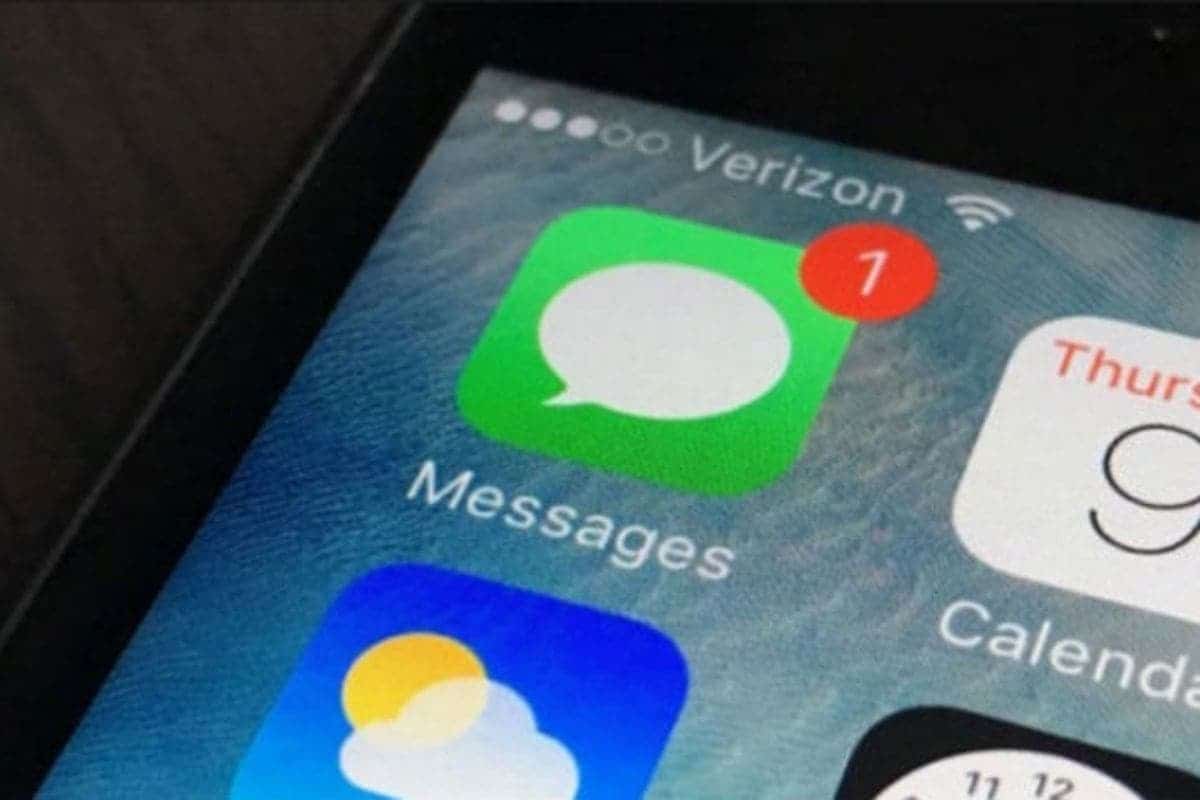
Messages will be at the center of the chaos in order to set itself apart from the competition. Because it will need to work with other messaging services and be made more open to third party developers. The long road ahead is clear from the rolling fire that Google keeps going. To convince Apple to adopt the RCS standard. Tim Cook’s business appears to be thinking about compatibility. But not with this standard, which is now a Google technology as the Mountain View firm defends it.
Apple developers are concerned that accessing Messages could turn the application’s end to end encryption and other privacy measures upside down. Whether they were implemented early on or reinforced more recently.
iOS 17 launch date
According to Mark Gurman, Andreas Wendker and Jeff Robbin are in charge of leading the new efforts for Apple’s software and services, respectively. The first has held the position of vice president of software at Apple for a long amount of time. And works directly under Craig Federighi.
Apple is reportedly devoting a “substantial amount of resources in this attempt,” according to a Bloomberg writer. Given that it contradicts every plan in place up to this point. It is obvious that not everyone likes this attempt inside the company. According to some reports from our colleagues. Some developers might also view this project as an undesirable diversion that delays the creation of crucial future features.
Since iOS 17 will include all of these improvements, Apple is on a tight deadline. The upcoming version of the iPhone mobile operating system is likely to be official in June 2017 at the opening keynote of WWDC.
The effects of the Digital Marketplace and Digital Services Regulations on IT companies in general. And Apple in particular, have not stopped being discussed or even made public. The Cupertino giant will need to adapt like never before, that much is obvious. We realize that the adoption of USB-C by Apple, which the European Union also requires. It’s ultimately the least of its concerns in light of the projects mentioned.

